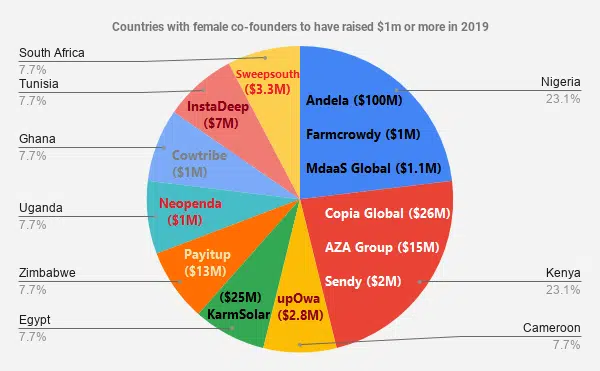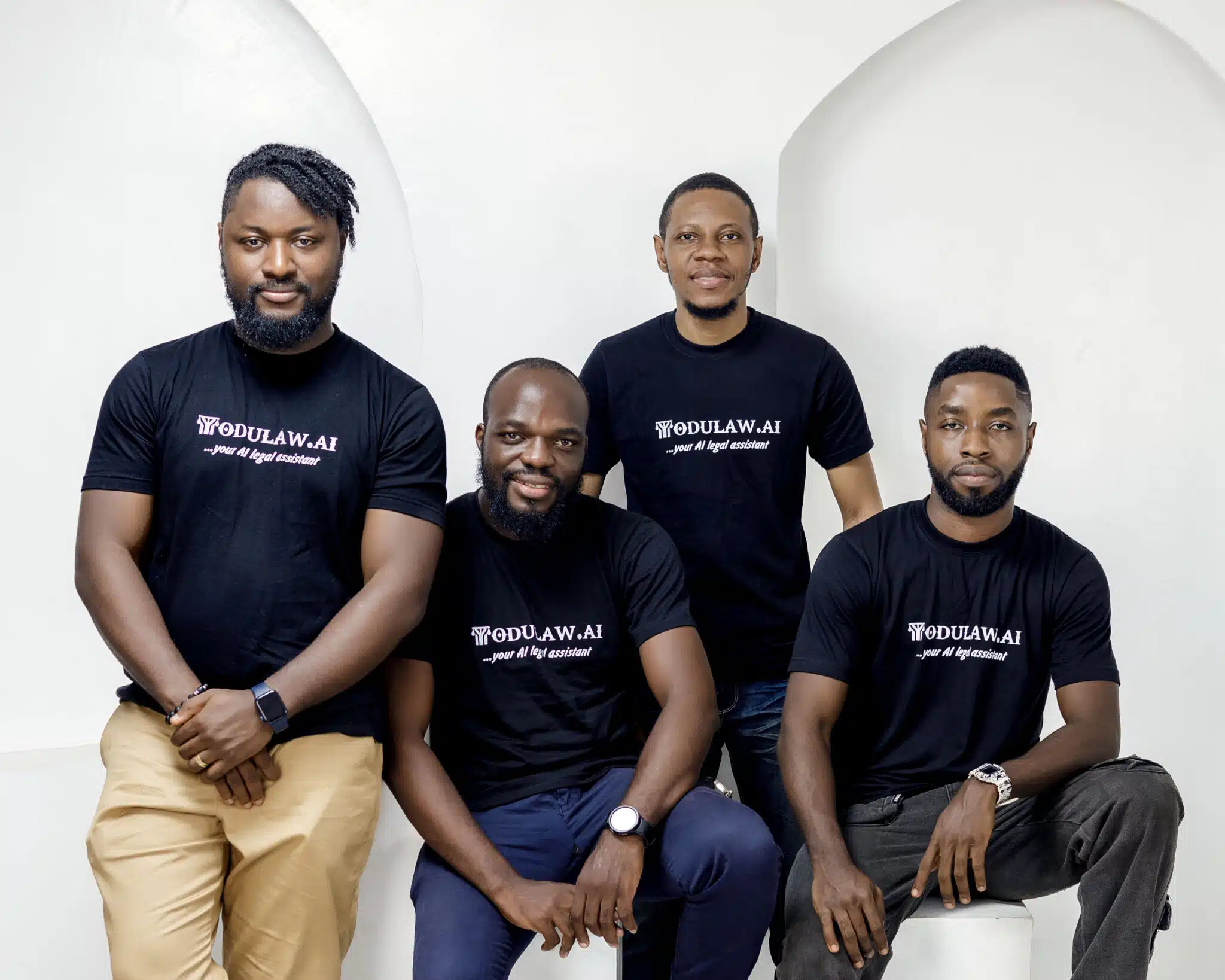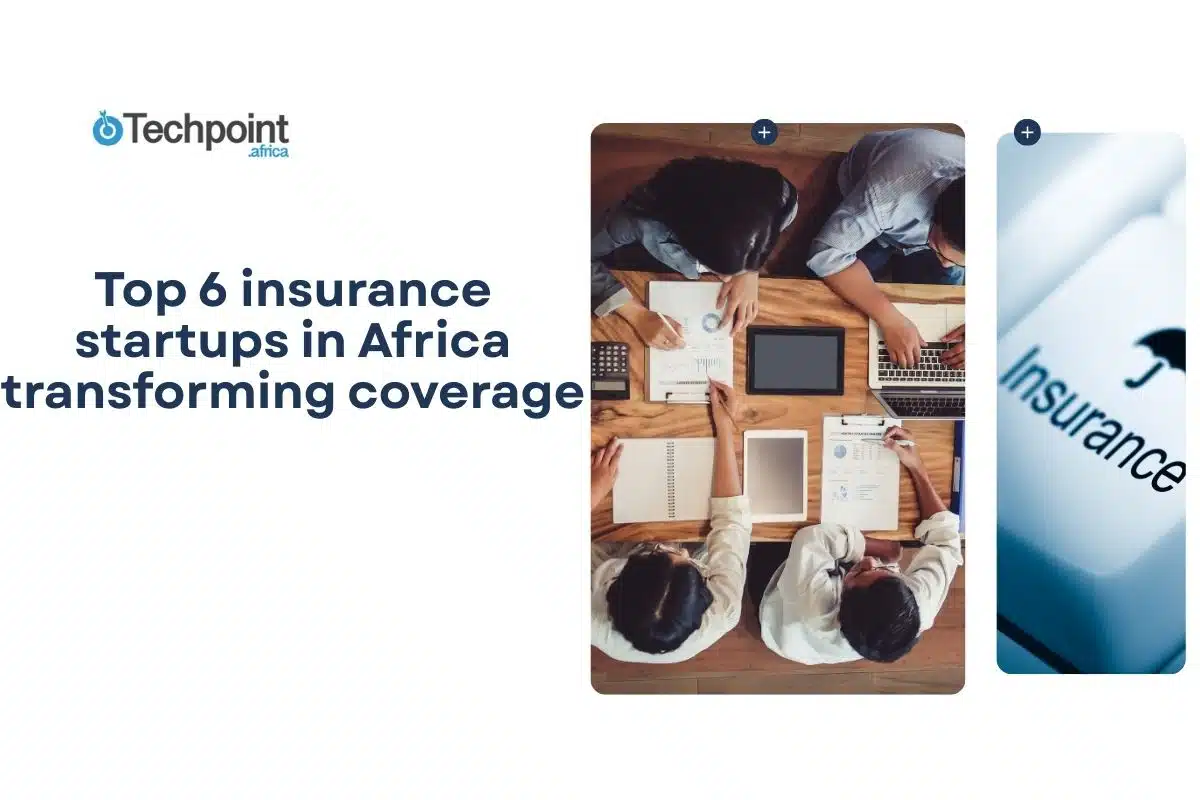Briter Bridges, a data-driven research company, recently released its “Africa’s Funding Landscape” report in which it stated the quantity and quality of investments African startups accessed over the course of 2019.
The report focused on 166 disclosed deals ranging from $50,000 to $200 million. It also stated that these African startups brought in a total of $1.27 billion.
While 68 startups worth between $50,000 and $999,999 brought in $21.7 million, 98 of the 166 were deals worth $1 million or more and raked in $1.25 billion.
South Africa (26) led the way in the number of startups to raise more than $1 million dollars followed by Nigeria (21) and Kenya (18) to complete the top three. Taking all this into account, the continent’s startups saw more than a 70% increase from the $725.6 million raised in 2018.
Looking at the facts more closely, things get interesting when female co-founders are considered.
From Briter Bridges’ data, we identified 13 African startups co-founded by women that raised at least $1 million in total venture capital within the last year. By deduction, that’s a staggering 13.3%.

However, this number is favourable when compared to their peers in the United States as Forbes reported that 11.5 % of venture capital raised last year in the US went to companies with at least one female co-founder.
Out of the 13, Kenya has 3 in Sendy, AZA Group, and Copia Global. Nigeria has 3 in Farmcrowdy, Andela, and MDaaS Global.
Sweepsouth, upOwa, Payitup, KarmSolar, Neopenda, Cowtribe, and InstaDeep make up the list from South Africa, Cameroon, Zimbabwe, Egypt, Uganda, Ghana, and Tunisia, respectively.

Victoria Fakiya – Senior Writer
Techpoint Digest
Make your startup impossible to overlook
Discover the proven system to pitch your startup to the media, and finally get noticed.
In terms of women-led teams, four startups — Sweepsouth, Payitup, Neopenda, and AZA Group — have female CEOs, while Copia Global has a female executive chairman.
Over the past couple of years, there has been a debate about gender inequality in the startup world. More women are becoming co-founders and CEOs while raising more money but it is still crystal clear that the ecosystem still has a long way to go before it is seen as a level playing ground in terms of gender diversity.
Suggested Read: Why it is difficult for African female entrepreneurs to build global businesses.
Another perspective to consider is race diversity.
Of the 13 startups, only 3 women are identified to be of African descent which only fuels the argument about expat founders raising more money than indigenious founders in Africa.
Suggested Read: Where does having fewer expat founders put the Nigerian startup ecosystem?
Investors will likely need to drive this diversity change by investing more in African women and more importantly, female founders in general.











